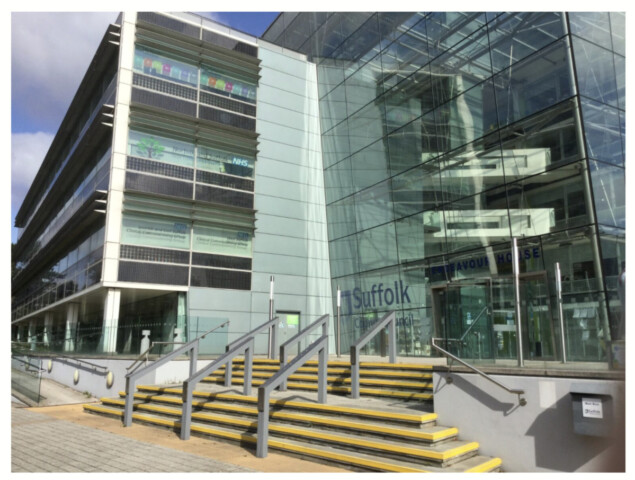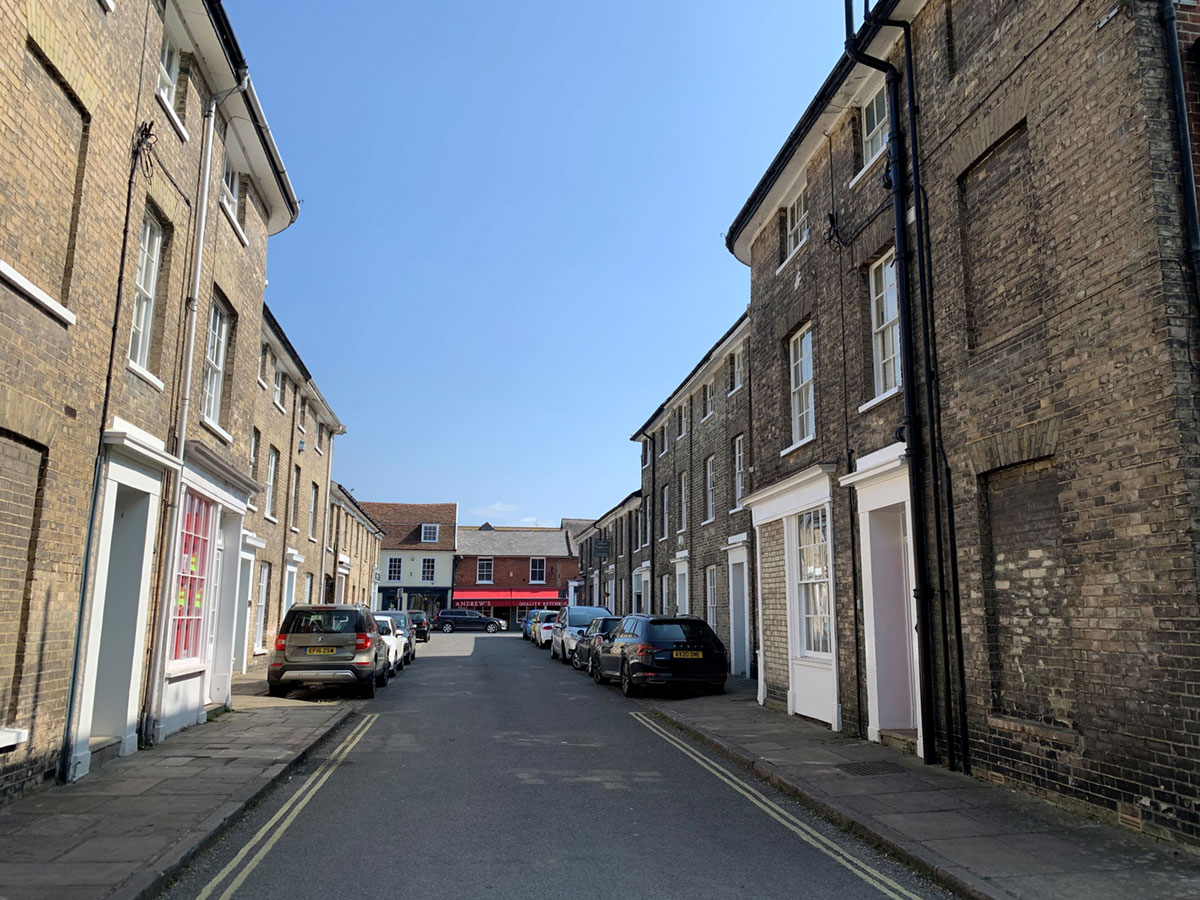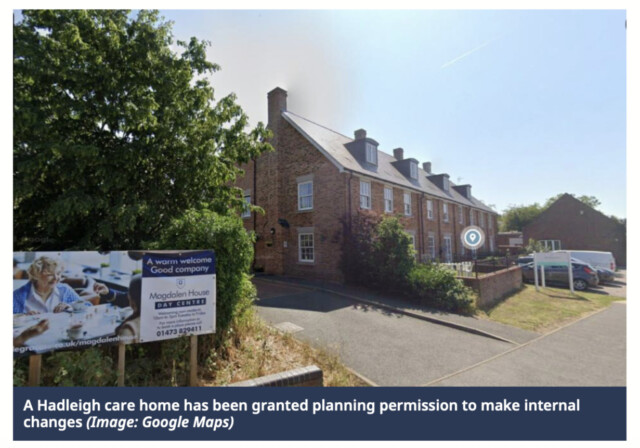Suffolk council leaders have responded to the Government’s devolution plans, but taxpayers are left questioning whether this will bring any real benefits or simply repeat past failures of expensive restructuring.
Yesterday afternoon, Angela Rayner MP, the Deputy Prime Minister, confirmed that Suffolk will be fast-tracked to replace district and borough councils with a unitary authority. However, this move means delaying this year’s local elections, with a new mayor to be elected in May next year instead.
This decision aligns with Suffolk County Council’s recent vote to join the priority programme, but given the history of costly council mergers—such as the Babergh and Mid Suffolk consolidation, which left properties vacant for over a decade while services deteriorated—residents are right to be sceptical.
Cllr Matthew Hicks, leader of Suffolk County Council, claimed that reorganisation would lead to funding being ‘freed up’ and directed into public services. He stated:
“Devolution and council reorganisation will mean we can secure and free up funding to plough directly back into public services that benefit our residents. This is a major win for Suffolk and one that will be welcomed by those who want to see efficiency, accountability and streamlined delivery of council services.”
However, given the track record of previous mergers, where taxpayer money was spent on redundancy pay-offs and bloated council staffing structures, residents are left wondering if this is just another costly bureaucratic reshuffle rather than meaningful reform.
While devolution has broad support among district and borough leaders, their reactions to the announcement have been mixed.
Cllr Cliff Waterman, leader of West Suffolk, framed the announcement as an opportunity to bring power and funding closer to the people, yet acknowledged that real benefits are still to be determined:
“We will now be looking to maximise the benefits and efficiencies reorganisation can produce while protecting services. However, residents must be as close as possible to where decisions are being made on the services they use every day.”
Ipswich’s leader, Cllr Neil MacDonald, focused on ensuring that Ipswich maintains a strong presence in any new arrangements, though offered no concrete details on how this would improve local services.
Cllr Deborah Saw, leader of Babergh, expressed concern over whether reorganisation would genuinely improve residents’ lives:
“We must ensure there is clear evidence that any reorganisation will result in the best outcomes for our communities – whilst preserving local democracy, expertise and accountability. Political power must not be moved away from residents.”
This echoes fears that devolution may simply become an exercise in shifting power away from local communities rather than genuinely improving efficiency.
Mid Suffolk’s leader, Cllr Andy Mellen, was even more critical, particularly of the decision to postpone elections:
“Devolution will bring more local powers and funding and is broadly supported, but I am appalled by the decision to postpone May’s elections, which is unnecessary and an erosion of our democracy.”
East Suffolk’s leader, Cllr Caroline Topping, shared these concerns, arguing that delaying elections denies residents their voice and weakens democratic accountability:
“Devolution could still proceed without [the delay], and taking the voice of our county’s residents away is a clear backward step.”
For many taxpayers, the question remains: will this reorganisation deliver better services and real cost savings, or will it follow the familiar pattern of wasteful spending, council job creation at the public’s expense, and yet another round of costly pay-offs when structures inevitably change again?
With local services already struggling and past mergers failing to deliver promised improvements, residents have every reason to demand more than just empty assurances from council leaders.


